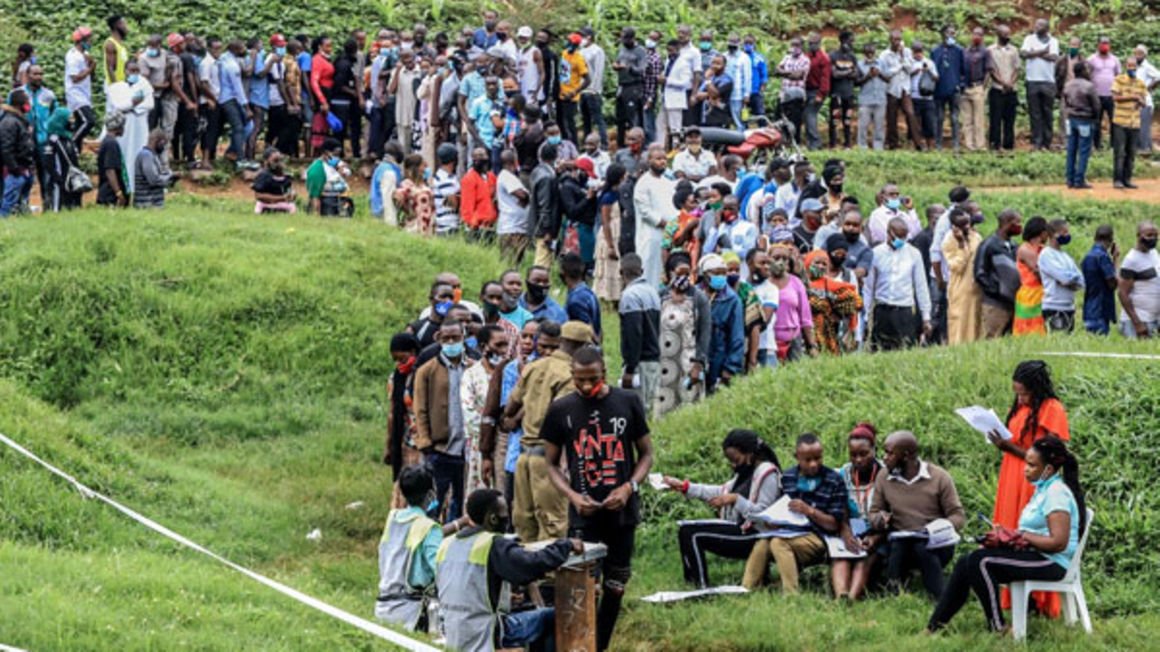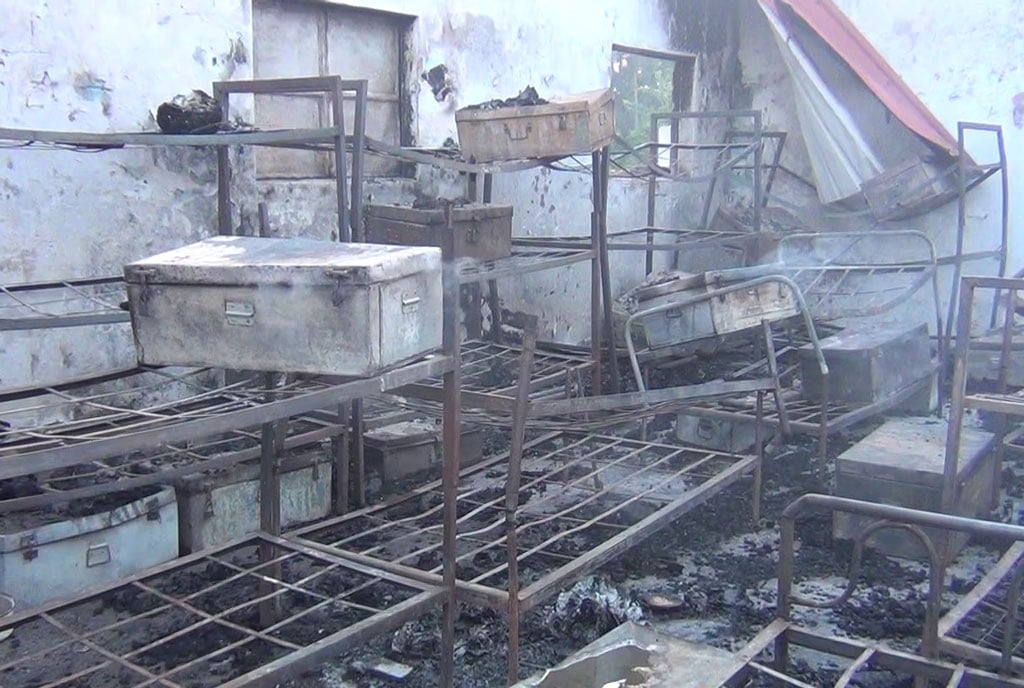Lessons to learn from the elections

People line up to vote at Kibuye in Makindye Division, Kampala City.
What you need to know:
- The issue: Elections
- Our view: The next General Election in the country is five years away and, therefore, all parties and individual contenders, should be provide adequate time to plan better.
Each election brings with it lessons. The 2021 General election has done the same, showing the sitting government, the Opposition, the Electoral Commission, and the voters things that need to change, that need to improve and that need to be done away with.
The Electoral Commission needs to do a better job of educating citizens about their right to vote. This is a duty that should be taken seriously if indeed the electorate shall ever be genuinely reflected at the polls.
This year, hardly any voter education was carried out. The EC should not assume that the media should or will do their job. Instead, the EC should work with the media, civil society and any other organisation to ensure that all the voters are educated on voting-related matters, putting in mind that different modes of communication, work for different communities, including use of drama and social media.
The EC also needs to ensure that the processes on the day of voting are properly managed. For instance, many polling stations opened long after 7am.
Why should such delays continue to be experienced on a voting day? In other polling stations, while voting materials were delivered in good time, the challenge was how to update and verify the different party agents.
The use of biometric machines at some polling centres, also turned out to be problematic, hence leading to delays in the start of the process.
As a result, a number of potential voters left the polling centres without voting as they had other business to do. More work needs to be done in order for the EC to have a seamless operation, which is what we expect.
Long-held assumptions that some candidates would emerge victorious because they occupied high positions in government or belong to the ruling party, were quashed. Results that came through showed that more than 25 ministers and the vice President were beaten in the race.
Where it was probably thought that money and or political influence would give certain candidates an edge, it did not. MPs should, therefore, learn that they need to be on the ground all the time, finding out what the voters want, understanding what matters to them and represent them correctly in Parliament.
Opposition parties have, hopefully, realised that lack of cohesion and bickering within the party does not endear them to voters. The electorate wants that their missions, visions and concerns well articulated and addressed.
The next General Election is five years away and, therefore, all parties and individual contenders, should be provided adequate time to plan better. The EC should do all this in pursuit of achieving free, fair, and credible elections.




